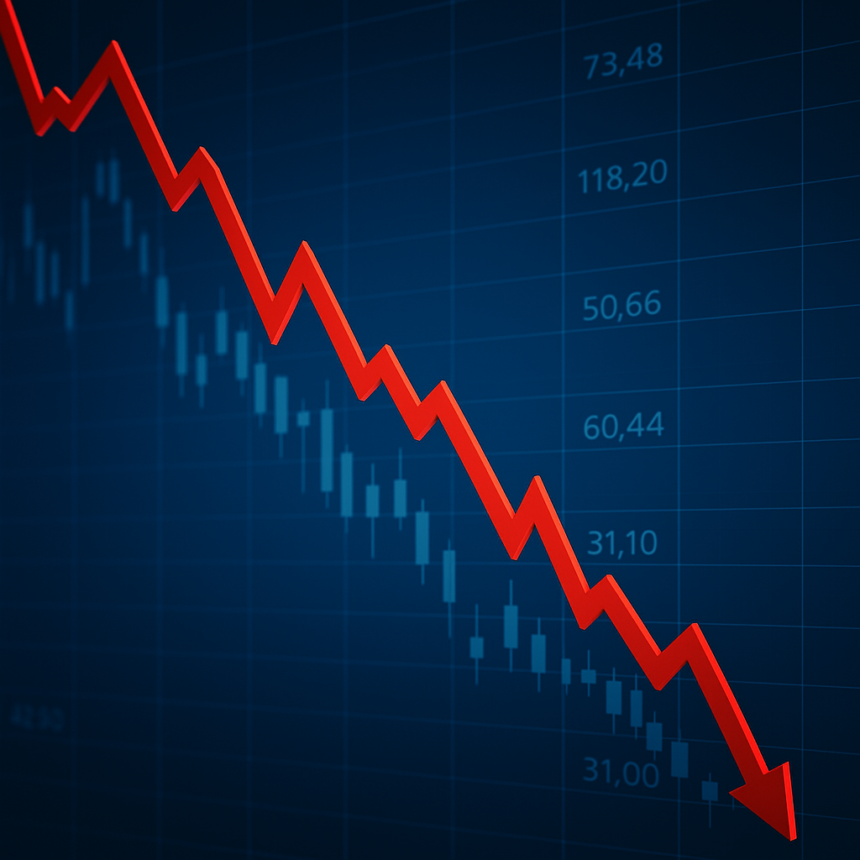Sydney, Australia – May 2025
WiseTech Global (ASX:WTC), once hailed as one of Australia’s most successful tech companies, is now facing intensified scrutiny following a series of governance controversies, strategic missteps, and signs of weakening growth in its core business.
A newly released independent report examines the factors behind WiseTech’s sharp share price decline, questions the rationale behind its proposed acquisition of E2open, and highlights growing concerns among institutional investors regarding the company’s direction and leadership stability.
Governance Breakdown and Executive Power Concentration
The company’s leadership challenges became public in late 2024 when founder Richard White stepped down as CEO amid allegations of personal misconduct. Despite a formal internal review that confirmed White had misled the board, he returned to power in February 2025 as Executive Chair and Chief Innovation Officer, using his controlling stake of approximately 36%.
This move triggered the resignation of four independent directors, including the board chair, all citing “intractable differences” related to White’s ongoing role. The resulting fallout sparked a 20% intraday decline in WiseTech’s stock and prompted major investors, such as AustralianSuper, to exit their positions.
The report concludes that WiseTech’s governance environment has been significantly compromised, with strategic control centralized in a single individual who has lost the confidence of key stakeholders.
Strategic Risk: The E2open Acquisition
Amid the governance crisis, WiseTech confirmed its intent to acquire U.S.-based supply chain software provider E2open for approximately A$3.5 billion (US$2.2 billion), including debt. According to the report, the deal represents a high-risk move given E2open’s declining financial performance and history of integration challenges following multiple acquisitions.
Key valuation metrics for the proposed deal include:
EV/Sales: ~4.0x
EV/EBITDA: ~11.0x
EV/Free Cash Flow: ~27.0x
These multiples are significantly above industry norms, raising concerns about potential overpayment and long-term value creation. The report suggests that management may be underestimating the turnaround effort required and overestimating the synergy potential, particularly as E2open’s customer churn and revenue contraction continue.
CargoWise Growth Deceleration
WiseTech’s core product, the CargoWise platform, has historically driven strong revenue growth and market penetration. However, the report notes that market saturation is beginning to impact growth. As of FY2025, CargoWise is used by 24 of the top 25 global freight forwarders, limiting the opportunity for new large-scale clients.
Revenue growth has decelerated to 21% in 1H FY2025, down from over 30% in prior years. Delayed product rollouts in adjacent categories such as warehousing and customs further signal execution risks. Analysts cited in the report warn that the combination of operational strain and governance instability could limit WiseTech’s ability to maintain its competitive edge.
Investor Sentiment and Valuation Concerns
WiseTech’s stock has fallen by over 40% since November 2024, reflecting a collapse in investor confidence. Despite solid headline earnings growth, several analysts now believe that the company’s valuation is disconnected from its underlying risk profile.
As of May 2025, WiseTech trades at approximately 62x EBITDA and over 100x trailing earnings, compared to software sector norms of 15–25x. The report estimates that if governance issues persist and the E2open deal fails to deliver, WiseTech’s fair value could fall to as low as A$25 per share, implying further downside risk of 60–70%.
Conclusion
WiseTech Global remains a market leader in logistics software, but the convergence of governance turmoil, aggressive M&A strategy, and slowing core growth poses significant risks to long-term shareholder value.
The report calls for greater board independence, a clear succession plan, and more disciplined capital allocation to restore investor trust. Until then, institutional skepticism and valuation pressures may continue to weigh heavily on WiseTech’s stock performance.





